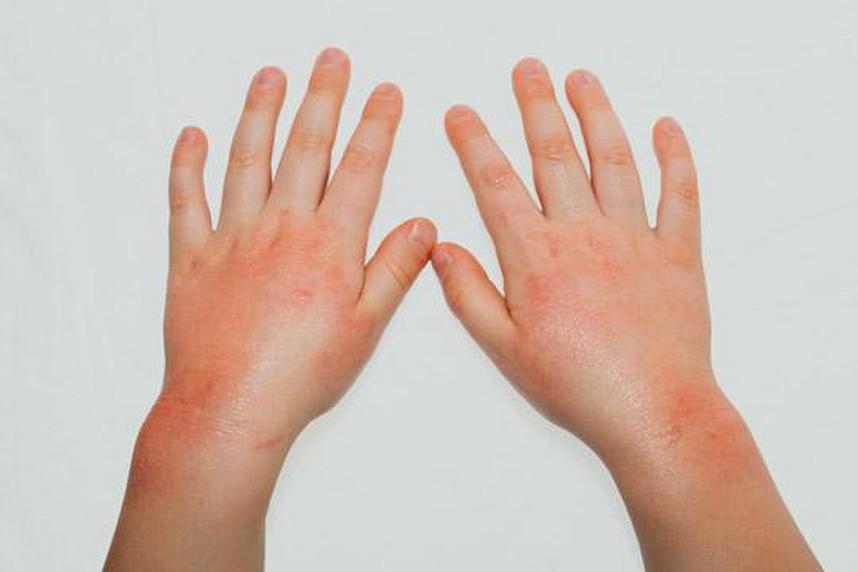Dry Itchy Skin
Increased use of heat in the home and in our cars sucks the moisture out of the air and causes dry skin. During the months of November through March when dry skin is prevalent, it is commonly referred to as ‘winter itch’. Dry skin itches and the urge to scratch can be difficult to keep under control.
Avoid the Itch/Scratch Cycle
We have all been told that in order to avoid the itch/scratch cycle, it is essential to keep your skin moisturized. But in the dead of winter, there’s more you can do to help treat eczema and dry skin.
- Avoid using harsh soaps. Wash with a mild and gentle, soap-free, fragrance-free cleanser using warm water.
- Apply a good thick moisturizing cream several times a day. Finding the perfect winter itch cream can be difficult as dry, itchy skin can become easily irritated. Avoid moisturizers that contain common chemical irritants which can trigger winter itch rash. Always moisturize after a shower, bath, exfoliating or shaving. Skin is most dry at the end of the day so be sure to moisturize before going to bed at night.
- Use a humidifier to put moisture back into indoor air.
- Dress appropriately for outdoor weather conditions. Layer clothes loosely so your skin can breathe. Sweating and overheating can trigger the itch/scratch cycle.
- Wear gloves to protect your hands and a hat to protect your scalp from outdoor elements.
- Always apply sunscreen on exposed skin to protect it from the sun’s harmful rays even on a cold, cloudy day.
- Drink plenty of water. Stay well hydrated to help improve your skin’s natural moisture-retaining barrier.
Products for Dry Sensitive Skin
Select dry skin care products that have been formulated for easily irritated, sensitive skin.
- Use fragrance-free skin cleansers, moisturizers, and sunscreen in your daily winter skin regime.
- Read the label, specifically the ingredient list. Consider using skin products that are lanolin-free, paraben-free and free of formaldehyde releasers to help minimize flare-ups.
